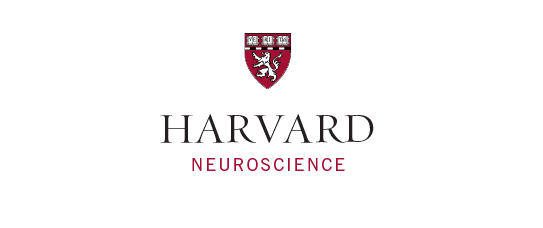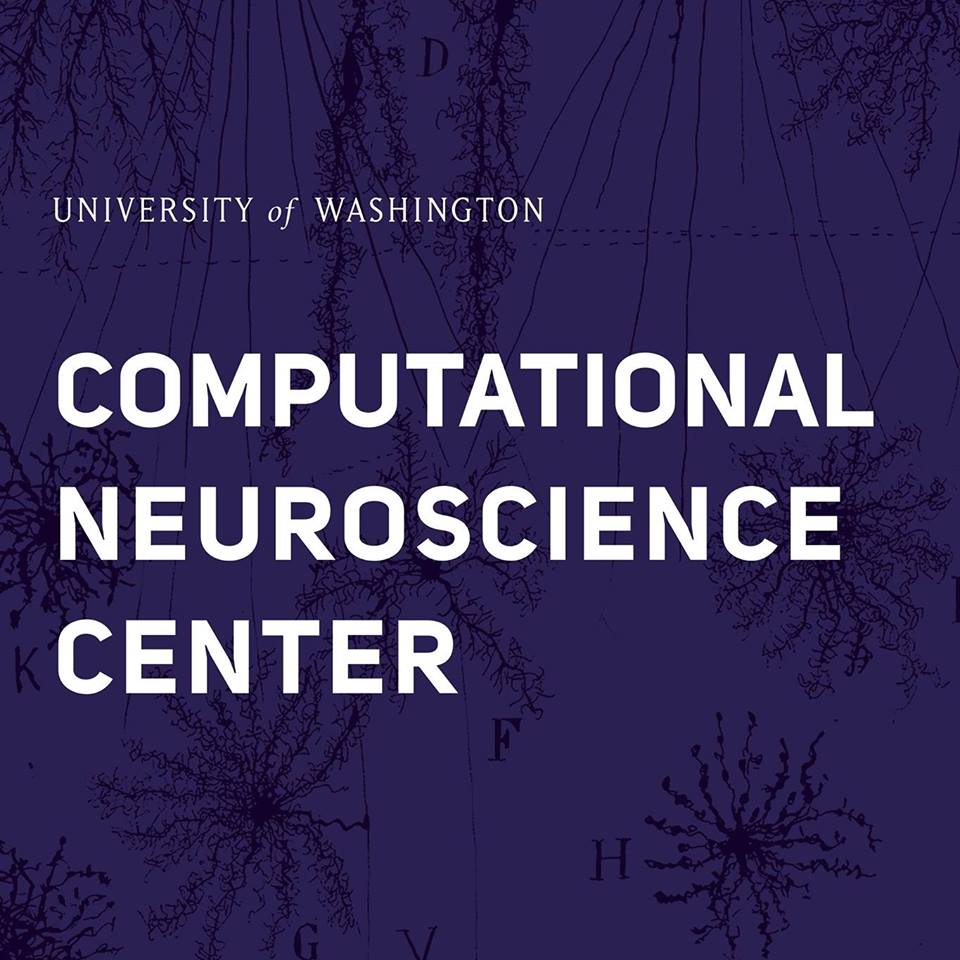Neuroscience is a broad, multi-disciplinary field devoted to learning as much as possible about the human nervous system. Part of that pursuit involves neurobiology, the physical makeup of the human nervous system. As you may suspect, scientists achieve terminal degrees in neurobiology and other neuroscience disciplines. While you may be interested in learning more about the anatomy and biological functions of your brain, spinal cord and nerves, you may not want to enroll in a conventional course of study at a college or university.
Fortunately, you don’t have to go to a brick-and-mortar institution to study neurobiology. A variety of online courses are available to help you pick up the specific information you seek. Still, not all online courses are worth your time, money or effort. The best online courses for neurobiology share some common features, but knowing the difference can be challenging.
That’s where we come in. We have compiled a list of the best online courses for neurobiology. Read on to see which ones we think are a good use of your resources.
How We Developed Our Rankings
Because education is important, we don’t want to lead you astray. As such, we have taken great care in compiling our rankings, ratings and reviews. To give you honest, reliable information, we reviewed several online courses. For one to make our survey, it had to excel in the following areas:
While we read through marketing materials and other official information from each of the online schools in our survey, we also poured over student reviews. In the modern, digital age, students aren’t shy about sharing their good and bad experiences in online forums. To give you a real-world perspective, we include some of these reviews where appropriate. Finally, we have assigned each program on our list a rating. This rating is on a five-point scale, giving you the opportunity to compare how closely we think one online course ranks to another.
The Top 6 Best Online Courses for Neurobiology
The Best of the Best: Harvard University’s Fundamentals of Neuroscience
Everyone has heard of Harvard University. This Ivy League school has a well-deserved reputation for offering the highest-quality academic courses anywhere on the planet. With its online neuroscience course, Harvard gives students around the globe an introduction to the basics of the discipline.
Students love this course for its completeness. Unlike many other massive open online classes that only expose learners to lecture notes, Harvard’s Fundamentals of Neuroscience offers recorded lecturers, quizzes and case studies. Students also participate in interactive assignments and often work on multi-disciplinary projects. The result is a learning experience that deserves the imprimatur of an Ivy League university.
If you enroll in this course, expect to take it one step at a time. With material clearly organized into subparts, you learn at a steady, reasonable pace. You can be certain you aren’t falling behind by regularly checking your progress against included rubrics and quizzes. Meanwhile, the experiential learning offered with this course ensures you aren’t memorizing rote facts. On the contrary, you acquire information through meaningful assignments that have everyday purpose.
Unlike some other online classes, Fundamentals of Neuroscience at Harvard includes a set schedule. Plan to devote several months to completing the course. Once you reach the end, you can expect to have a basic level of knowledge about the field of neuroscience. You should also know whether neurobiology is right for you.
With its litany of benefits and prestigious reputation, Harvard’s Fundamentals of Neuroscience course should cost you tens of thousands of dollars. It doesn’t. This online program is free. This is just icing on the cake, though, as the real advantage of taking this class is the material.
Rating:
The Runner-Up: The University of Chicago’s Understanding the Brain
Everyone has heard of Harvard University. This Ivy League school has a well-deserved reputation for offering the highest-quality academic courses anywhere on the planet. With its online neuroscience course, Harvard gives students around the globe an introduction to the basics of the discipline.
Students love this course for its completeness. Unlike many other massive open online classes that only expose learners to lecture notes, Harvard’s Fundamentals of Neuroscience offers recorded lecturers, quizzes and case studies. Students also participate in interactive assignments and often work on multi-disciplinary projects. The result is a learning experience that deserves the imprimatur of an Ivy League university.
If you enroll in this course, expect to take it one step at a time. With material clearly organized into subparts, you learn at a steady, reasonable pace. You can be certain you aren’t falling behind by regularly checking your progress against included rubrics and quizzes. Meanwhile, the experiential learning offered with this course ensures you aren’t memorizing rote facts. On the contrary, you acquire information through meaningful assignments that have everyday purpose.
Unlike some other online classes, Fundamentals of Neuroscience at Harvard includes a set schedule. Plan to devote several months to completing the course. Once you reach the end, you can expect to have a basic level of knowledge about the field of neuroscience. You should also know whether neurobiology is right for you.
With its litany of benefits and prestigious reputation, Harvard’s Fundamentals of Neuroscience course should cost you tens of thousands of dollars. It doesn’t. This online program is free. This is just icing on the cake, though, as the real advantage of taking this class is the material.
Rating:
Unlike the first two classes on our survey, Duke’s online course includes a series of neurobiology classes. If you choose to take this program, plan to take an in-depth journey into the biological workings of the human brain. While many other online courses stop with the fundamentals of neurobiology, this one goes much further.
If you are new to the field, start with the basic class. Through online lectures and quizzes, you learn the foundation of neurobiology. After completing that course, you choose your own adventure. The Brain and Space class teaches you how the brain keeps your body centered in its spatial environment. The Visual Perception class helps you understand how the brain processes visual stimulants.
We like this course because of its capstone feature. After taking each of the subjects in the course, you complete a final project that you plan. If you are a collaborative learner, you will find many opportunities to get the creative juices flowing in Duke’s Perception, Action and the Brian curriculum. You may also elect to take the advanced Medical Neuroscience course that also ranks on our survey.
Rating:
Legal and illegal drugs can have a tremendous affect on the human brain. If you want to know more about neurobiology, you can’t afford to ignore this fundamental fact. Caltech’s Drugs and the Brain course gives you a basic understanding of how chemicals control neurological processes.
When you enroll in this course, you study a variety of topics, ranging from neurotransmitter functionality to drug makeup. You also learn about addiction and recovery. The course does not only cover the negative aspects of drug use, but it also discusses how drugs can improve mental health and emotional well-being.
Because Drugs and the Brain deals with chemical compounds, you should be certain you have a basic level of knowledge about chemistry before enrolling. You should also plan to keep track of subjects throughout the course to conduct further research upon completion. If you aren’t comfortable with technical discussions, mathematical equations and chemistry, Caltech’s Drugs and the Brain is probably not right for you.
Nonetheless, whether you are a motivated student or a curious professional, you will likely appreciate the thorough lectures and in-depth quizzes throughout this course. Your wallet will appreciate the free tuition.
Rating:
Legal and illegal drugs can have a tremendous affect on the human brain. If you want to know more about neurobiology, you can’t afford to ignore this fundamental fact. Caltech’s Drugs and the Brain course gives you a basic understanding of how chemicals control neurological processes.
When you enroll in this course, you study a variety of topics, ranging from neurotransmitter functionality to drug makeup. You also learn about addiction and recovery. The course does not only cover the negative aspects of drug use, but it also discusses how drugs can improve mental health and emotional well-being.
Because Drugs and the Brain deals with chemical compounds, you should be certain you have a basic level of knowledge about chemistry before enrolling. You should also plan to keep track of subjects throughout the course to conduct further research upon completion. If you aren’t comfortable with technical discussions, mathematical equations and chemistry, Caltech’s Drugs and the Brain is probably not right for you.
Nonetheless, whether you are a motivated student or a curious professional, you will likely appreciate the thorough lectures and in-depth quizzes throughout this course. Your wallet will appreciate the free tuition.
Rating:
Course #6: Duke University’s Medical Neuroscience
Legal and illegal drugs can have a tremendous affect on the human brain. If you want to know more abo
The last course on our list is from Duke University. That’s right, Duke has two of the best online neurobiology courses in our opinion. Medical Neuroscience introduces you to the medical side of neurobiology. Upon completion of this program, you understand how the human brain and nervous system generally control the body. You also explore cognitive behavior and thinking theories.
Like the other classes on our list, Medical Neuroscience relies on recorded lectures to communicate information to students. These lectures are high-quality, featuring knowledgeable professors and user-friendly slides. Unlike some other online classes, though, this one offers extensive lecture notes with each recorded session. As such, you don’t have to worry about searching far and wide for outside material to help you better understand the subject matter.
The greatest aspect of Medical Neuroscience at Duke University is its hands-on approach. Instead of leaving students to fend for themselves, professors use study projects to assist with assimilation of complex information. They also require students to pass a tough and comprehensive final examination, giving learners an opportunity to gauge their interest in certain aspects of medical neuroscience.
As with the University of Washington’s Computational Neuroscience class, Medical Neuroscience is not suitable for entry-level neurobiology students. Instead, to get the most out of this class, you must have a fundamental understanding of human anatomy and neuroscience. If you don’t, you may not be able to keep up with the fast pace of this technical course.
Still, if you need additional information about how neurobiology and medicine intermingle, this class may be right for you. Since it is tuition-free, Duke University’s Medical Neuroscience is appealing for budget-conscious students.
Rating:
Final Thoughts on the Best Online Neurobiology Courses
In our attempt to give you honest, reliable information, we put together this list of the best online neurobiology courses. As you can see, the classes that made our survey are impressive. While some are for beginners, most have detailed information. Nonetheless, regardless of the program you choose, you can expect a meaningful learning experience. With a variety of learning approaches, study notes, quizzes and hands-on projects, all these courses offer an exceptional neurobiological opportunity for motivated students. Even better, since all are free, you learn without having to worry about breaking the bank.






 Follow
Follow
Leave a Reply